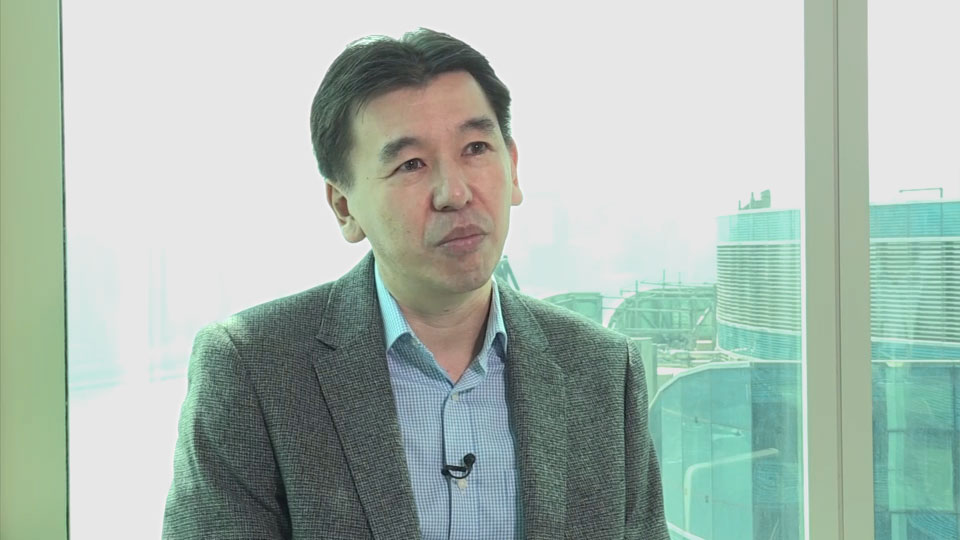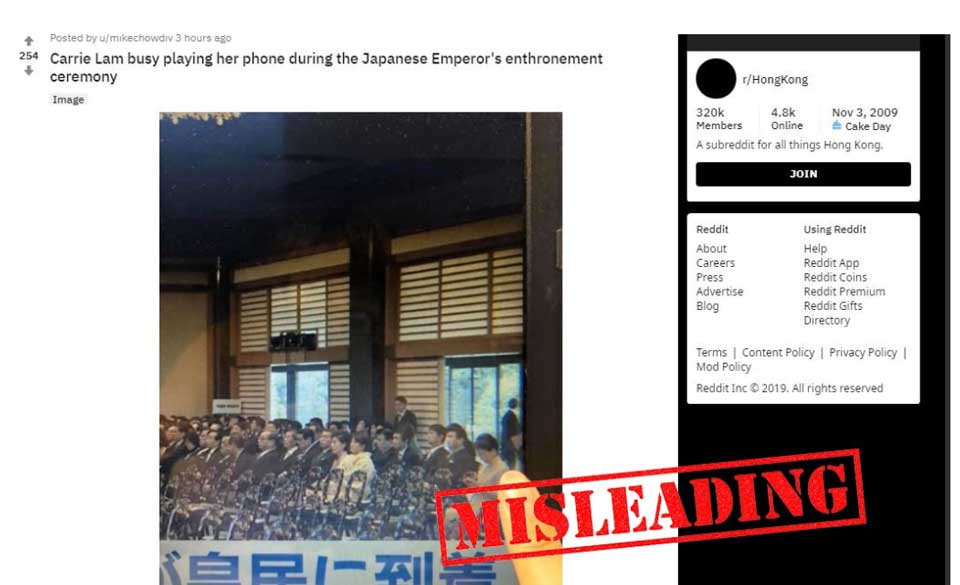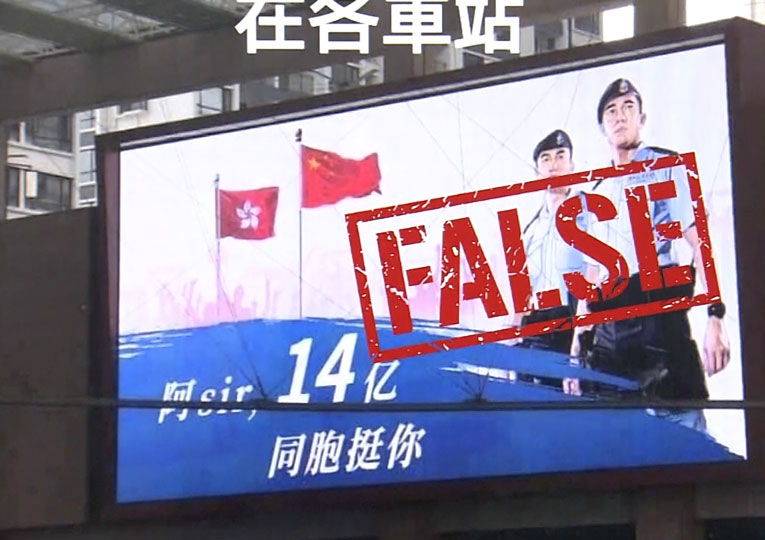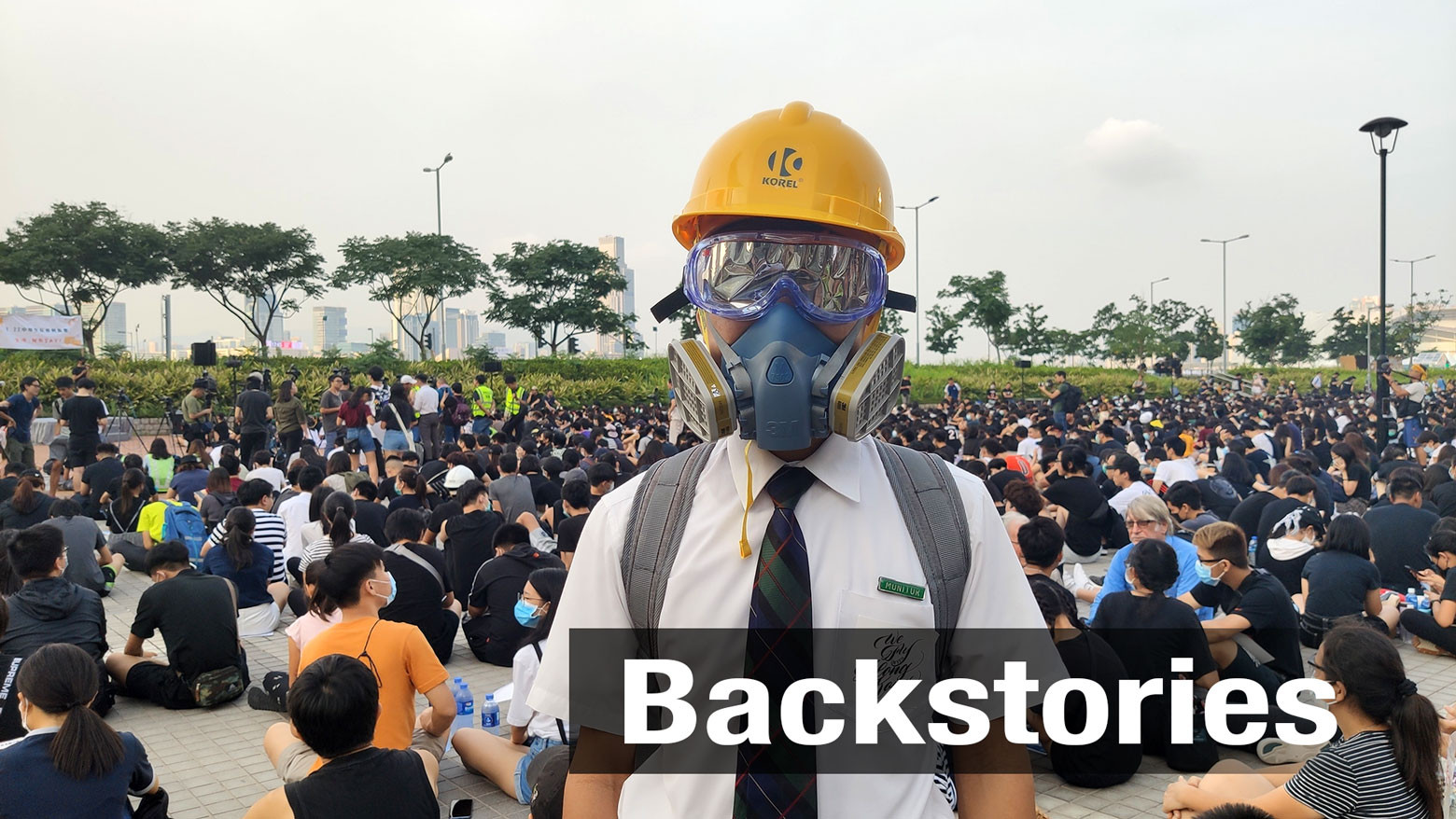Shocked by change in Hong Kong society
Assistant Professor Masato Kajimoto of the University of Hong Kong' Journalism and Media Studies Centre has lived in the territory for almost two decades, after studying in the United States. When I spoke with him in late November, he was still reeling from clashes between protesters and police near his home and university.
"If you compare the current situation now, compared with what we were at the beginning of this movement in June, I think things are getting worse. The government is more draconian, to say the least. And people who are protesting are now escalating the violence. I am not really optimistic now."

Divide brought by "echo chamber"
Kajimoto says Hong Kong has been divided between the pro-democracy camp and the pro-government bloc for years, mainly due to the 2012 Anti-National Education Movement and the Umbrella Movement two years later.
But he says the gap has deepened further since many people turned to social media, including Facebook, Twitter, YouTube, WhatsApp, Weibo and Telegram.
"It is natural for people to seek and share the views that reinforce their political beliefs. On social media those views are often amplified by like-minded users, creating an environment known as the 'echo chamber.' What we see is not just consuming the political views that you like. Those views include vicious attacks on other viewpoints. And I think that's particularly problematic because you're not only excluding yourself from other viewpoints, you are constantly exposed to other viewpoints. And yet, instead of trying to understand the other ways to look at things, you are constantly mocking them, attacking them, making fun of them. And that you can see on both sides clearly in Hong Kong."
Fake news adds to the woes
Kajimoto also says fake news tends to spread more easily if the "echo chamber" created by social media leads people to only look at the information they want to believe.
When Hong Kong Chief Executive Carrie Lam attended the Japanese Emperor's enthronement ceremony in October, an image of her using a cell phone spread among a large number of pro-democracy people via social media. Many posted messages criticizing her. One said Lam had violated etiquette at the ceremony. But the leader had actually used her phone about an hour before the ceremony started. Other attendees were also using phones at the time.

In another case that went viral among Beijing supporters, an article said that large posters had been put up at train stations across mainland China, saying that Chinese people fully backed the police in Hong Kong. Some of the images received more than 5,000 likes. More comments online thanked the Chinese government. It turned out that the posters were only at one shopping center.

"We can say that when the social issue is already polarizing the society, that's when a false information really works. So even if you have very smart media literate, literate news consumers, when the topic is extremely emotional and polarizing, people tend to forget that rational reasoning and they try to stick to the emotional side of their brains, so to speak, and they believe what they want to believe."
Can the gap be narrowed?
In November, Kajimoto set up a fact-checking group, called annie lab. If suspicious information is found on social media, he works with students at his university to contact the parties concerned and investigate whether it is true. If the group determines the information is false or misleading, it will make its findings public in English and Chinese, mainly on its website and via social media. The project aims to stop a further widening of the divide in Hong Kong society.
"I think it's very important to set the record straight, separate fact from fiction because society has to move on, and Hong Kong is my home. I hope the city will recover from this current crisis. And if we reach that point where we could sort of start talking about how to rebuild the trust in each other, that's when I think facts matter the most. So, I think fact checking is very important, because if we don't do it now, then it's much harder to do it later."
